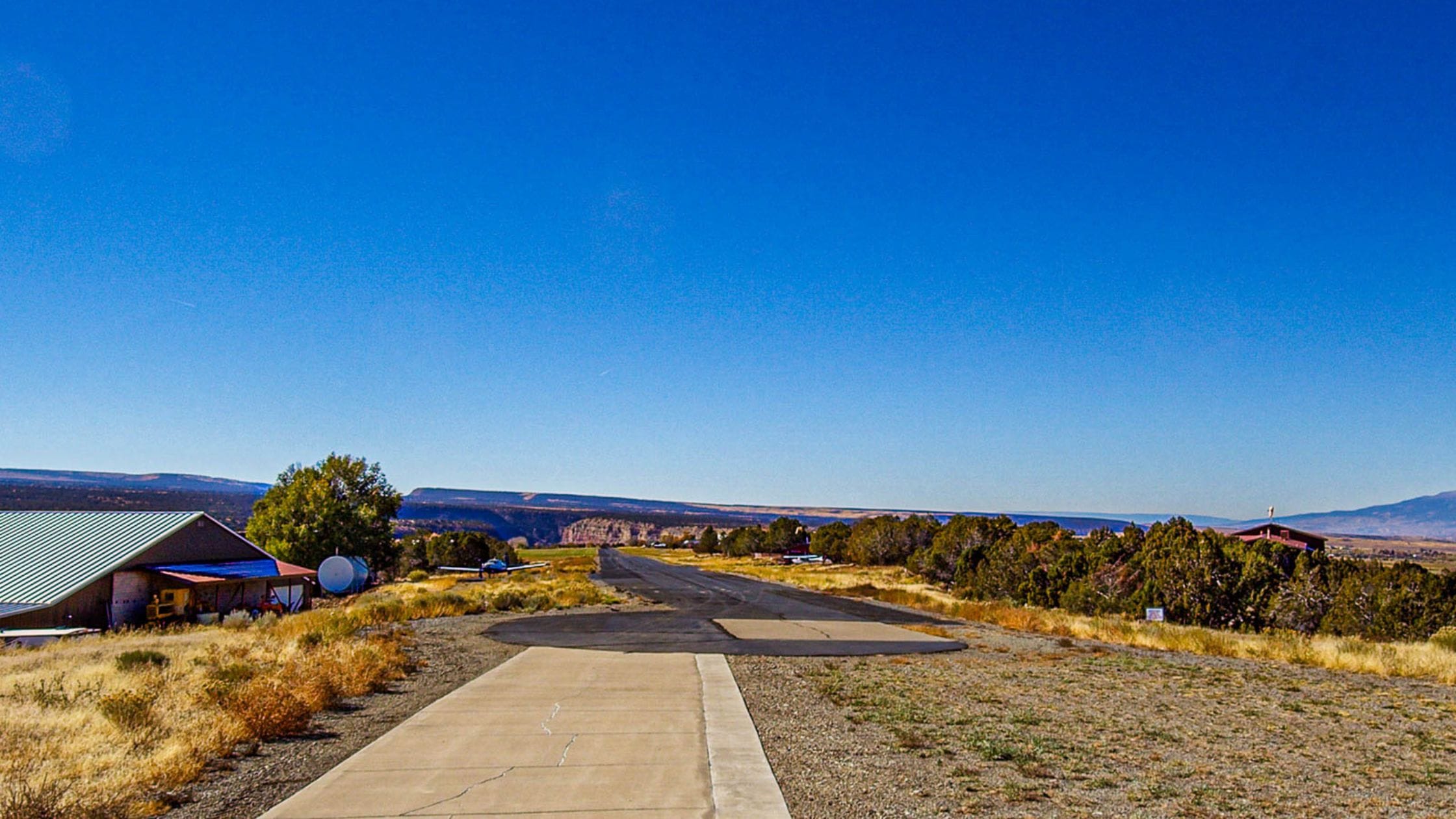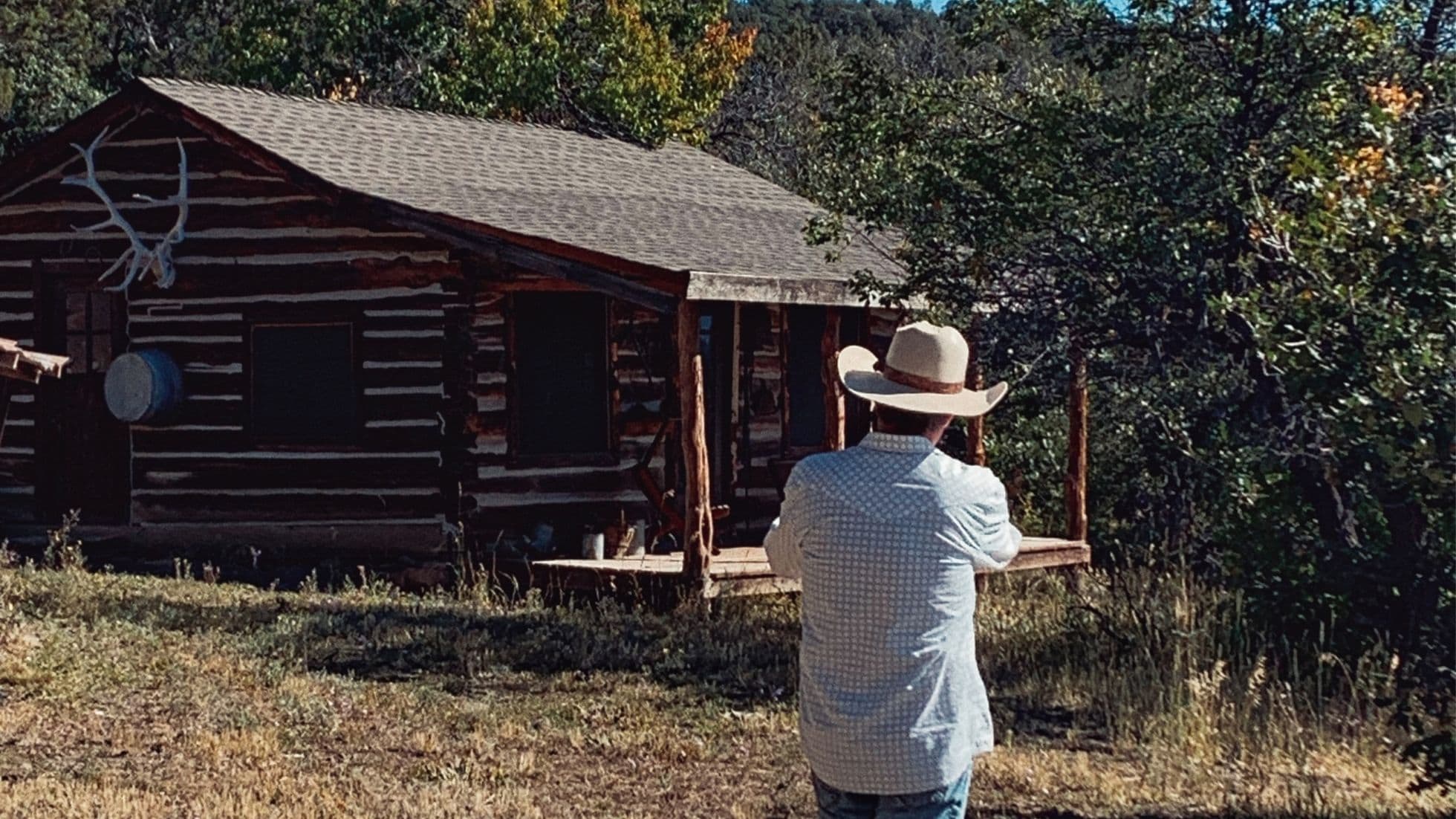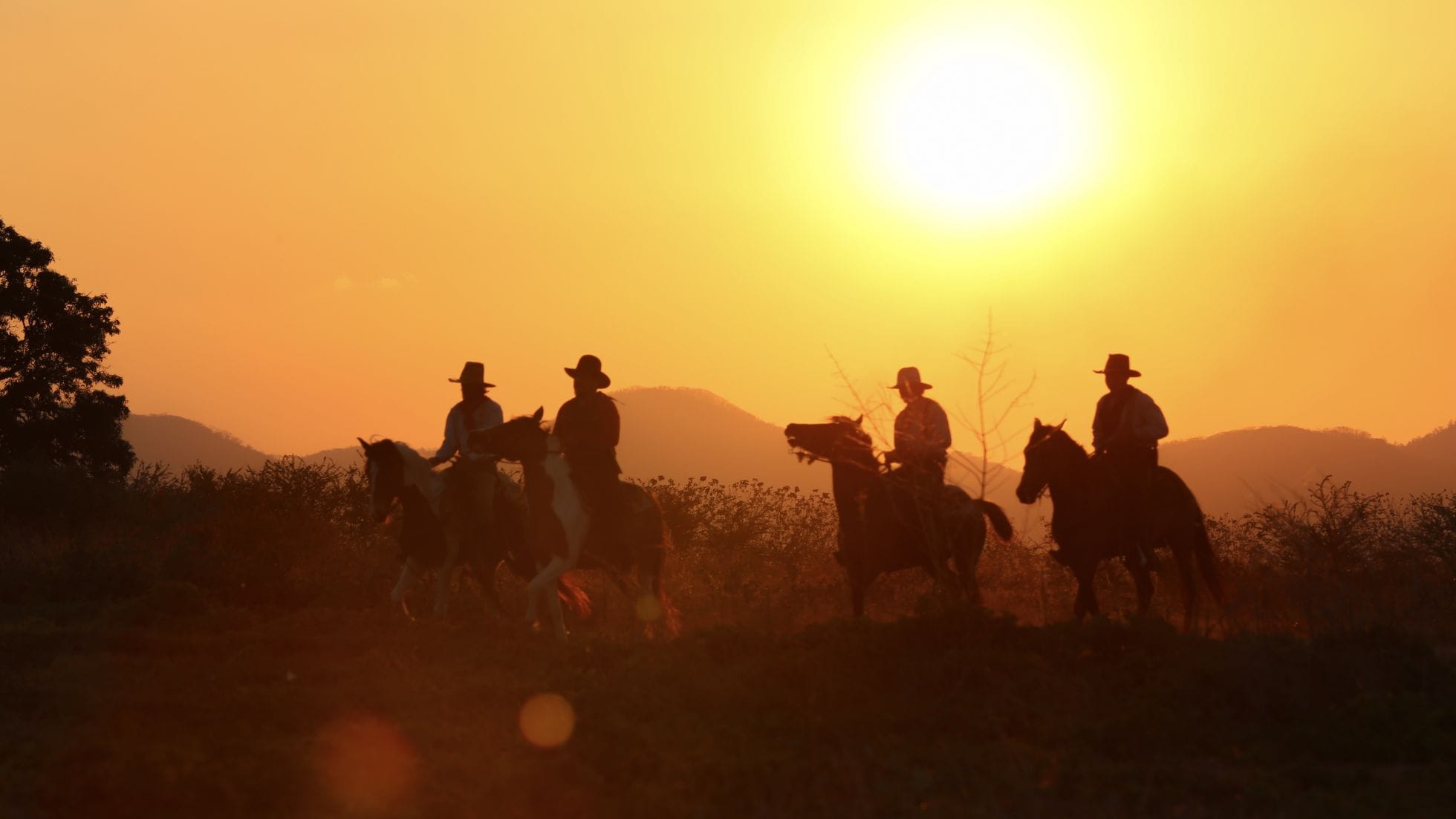The Colorado real estate market is thriving for all kinds of lifestyle seekers, including those looking for alternative and off-grid properties too. After all, most people flock to Colorado for its natural beauty, so why not fully immerse yourself in it? If you’re wondering how to live off-grid in Colorado, read on for a list of pros and cons, and some vital information that will make your experience searching for property a lot more productive.
Pro – Sustainability and Freedom
Off-grid living is a popular choice among people who want to live more sustainably and autonomously. When you live off-grid, you create more opportunities to be outside, enjoy nature, surround yourself with vast, open beauty, and teach yourself how to grow crops, raise livestock, and build complex systems that work for you. Living off-grid means you don’t have to succumb to HOA demands to change your house or keep your lights off when the electricity company raises its rates.
Pro – The Weather
With more than 300 sunny days per year and a healthy amount of precipitation, Colorado’s drastically changing seasons create a fantastic environment for alternative energy and growing crops. You can leverage the sun for solar power, water for hydropower, and the 157-day growing season to plant crops and stock up for the winter. Even though the winters may seem harsh, the snow runoff replenishes many water supplies throughout the rest of the year.
Con – Rules and Regulations
Colorado has several regulations that dictate your off-grid living experience, and your county, town, and even neighborhood may have more. Some rules and restrictions you should know about include:
- The Colorado 35-acre rule, enacted in 1972, essentially states that subdividing land into fewer than 35 acres must be approved by the county. Due to this rule, it could be difficult (although not impossible) to find smaller off-grid parcels. Consult a lawyer if you feel this rule may apply to your real estate transaction.
- Certain laws permit off-grid waste disposal so long as you avoid disposing it on the ground or in the water. In other words, you should have some kind of a septic system.
- Local zoning laws and permitted use restrictions explain what you can build and who can live on the property.
- Property-specific covenants, conditions, and restrictions are written into the deed and determine how you can use the property.
To read about these rules and regulations in greater detail, see my other blog post, “6 Things to Know About Living Off-Grid in Colorado.”
Con – Upkeep of the Property and Alternative Systems
Most off-gridders choose the lifestyle because they crave the freedom and sustainability that comes with living off your land. However, giving up modern conveniences is often inconvenient, expensive, and time-consuming. For example, if you live in a normal house on the grid and your main water line is clogged, you can usually solve it with a trip to your local hardware store. If you’re living off-grid and something happens to your well or another natural water source, it might not be as easy to solve.
Would You Live Off-Grid in Colorado?
How did reading these pros and cons change your opinion about living off-grid in Colorado? If you’re feeling overwhelmed by the opportunities and challenges, the good news is that alternative properties are flexible. Maybe you want to live in an off-grid cabin that’s miles from civilization, or maybe you just want to start with a backyard garden and solar power.
No matter what level of off-grid living appeals to you, you need a real estate broker who’s knowledgeable about the area to help you get started. Check out some of my listings here, and feel free to contact me with any questions.


